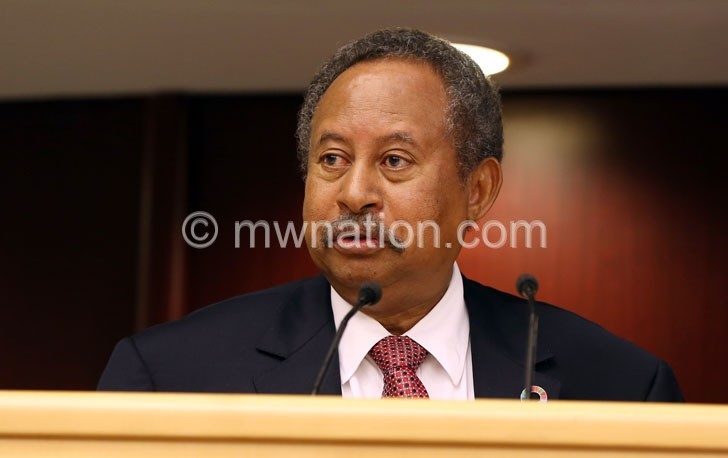African governments must invest in land
African governments should seize the opportunity to invest in its land, through strategies and interventions that focus on the youth.
United Nations Economic Commission for Africa (Uneca) deputy executive secretary Abdalla Hamdok said Africa ought to see land as a major resource to enhance food production, peace and security and ensure environmental protection.

He said by developing inclusive land policies, governments on the continent can create an opportunity for investment while simultaneously protecting the interests of the African people.
Hamdok said this at the opening of the Conference on Land Policy in Africa on Tuesday in Addis Ababa, Ethiopia which is being held on the theme “The Africa We Want: Achieving socioeconomic transformation through inclusive and equitable access to land by the youth.”
“Equitable access and utilisation of land and its resources is vital for sustainable economic growth, increased agricultural productivity and the development of a robust agribusiness on the continent.
“Land forms the basis for agriculture, forestry, mining, industry, tourism and urban development. But to maximise on the benefits of land and its resources, inclusion of land users in decision making on how land is governed and managed is crucial,” he explained, adding that access to land by the youth means economic empowerment.
The ECA deputy head pointed out that thousands of African youth have died on the high seas or deserts in pursuit of a decent life in Europe because they believe there is no hope at home.
Youth and women representative from Kenya, Rechael Mwikali said young women and men on the continent need to secure land rights as many of them live in rural areas and urban areas, but have limited access to land.
However, she said inheritance and customary make transfer of land to women and youth a challenge for sustainable agriculture.
“Why would you put extra efforts to develop land that is not yours and that you won’t be able to pass on to your children?” Ms Mwikali asked. “More than 70 percent of African population is made up by youth. Why are our voices neglected then?”
On his part, African Development Bank (AfDB) director general-East Africa, concurred with Hamdok, saying that in Africa, land is not only an economical asset, but a social and cultural resource, as well as sign for religious and political identity.
“Without proper management of African natural resources it will be difficult to achieve [economic growth],” said Negatu. “Hence, the challenge of policy going forward is to compensate those that are marginalised even as we involve private sector in land use.”
A delegation from Malawi is today (Wednesday) expected to present a paper Intergration of Land Tenure Monitoring in Agricultural Development Projects Using Geo-Spatial Technologies. The paper’s authors are Kefasi Kamoyo, Solomon Mkumbwa, Rex Baluwa and Harold Liversage from the Ministry of Agriculture, Irrigation and Water Development and International Fund for Agriculture Development (Ifad).





